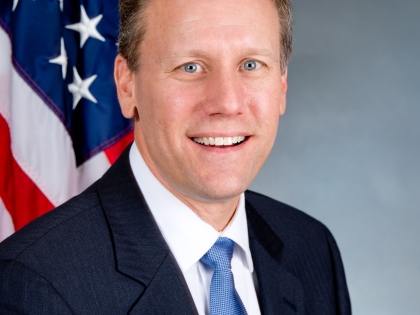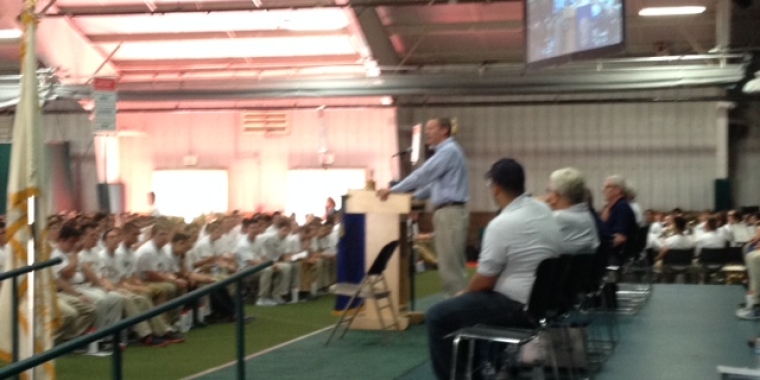
Senate Passes Valesky Legislation to Allow Municipalities to Reduce Energy Costs Through Renewable Energy
David J. Valesky
June 8, 2015
-
ISSUE:
- Renewable Energy
Syracuse, NY – The New York State Senate passed legislation today, sponsored by Senator David J. Valesky (D-Oneida), that would allow municipal landfills and water treatment facilities to offset their energy costs by producing their own energy and feeding it back into the grid. This bill broadens the net metering law in New York State to include energy generated at county or municipal landfills and water treatment facilities as electricity that power companies must purchase back when requested to do so by counties or municipalities.
“Residential and commercial facilities may already produce their own energy to reduce costs,” Sen. Valesky said. “This bill expands the definition of net metering, which gives counties and municipalities the same opportunity.”
According to the National Conference of State Legislatures, 44 states have implemented net-metering policies. This reflects a national trend in which states see the value of net-metering is an economically viable and environmentally sound principle. In the case of this bill, counties and municipalities will save money by producing their own energy that is sent back into the energy grid. Landfills and water treatment facilities will be able to trap the methane gas released from waste and convert it to a renewable energy source. In addition, energy produced by utility companies will no longer have to be exported to other states. Net metering allows for the same energy to circulate within local power grids, as utilities no longer have to produce an excess in order to avoid losing money.
“This is a win-win situation for county governments that are operating waste and water treatment plants,” James Zecca, director of the Madison County Solid Waste Department, said. “The power can now can be used locally for economic development projects and municipal use rather than sold out of state.”
The use of solar panels on the rooftops of residential homes is currently the most common form of net metering.
The bill will be sent to the Assembly, where it is carried by Assemblyman William Magee.

